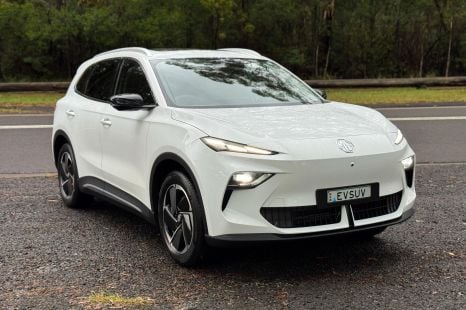

Matt Campbell
5 Days Ago

Contributor
Ford is currently developing a smaller and cheaper electric vehicle (EV) platform which will underpin an upcoming model to take on market leader Tesla and cut-price Chinese rivals.
As part of Ford’s end-of-2023 financial report, company CEO Jim Farley said a “super-talented skunkworks team” has been working outside of the brand’s traditional framework for the past two years, with an aim to eventually put the platform into production.
“They’ve developed a flexible platform that will not only deploy to several types of vehicles but will be a large install base for software and services,” Mr Farley told investors.
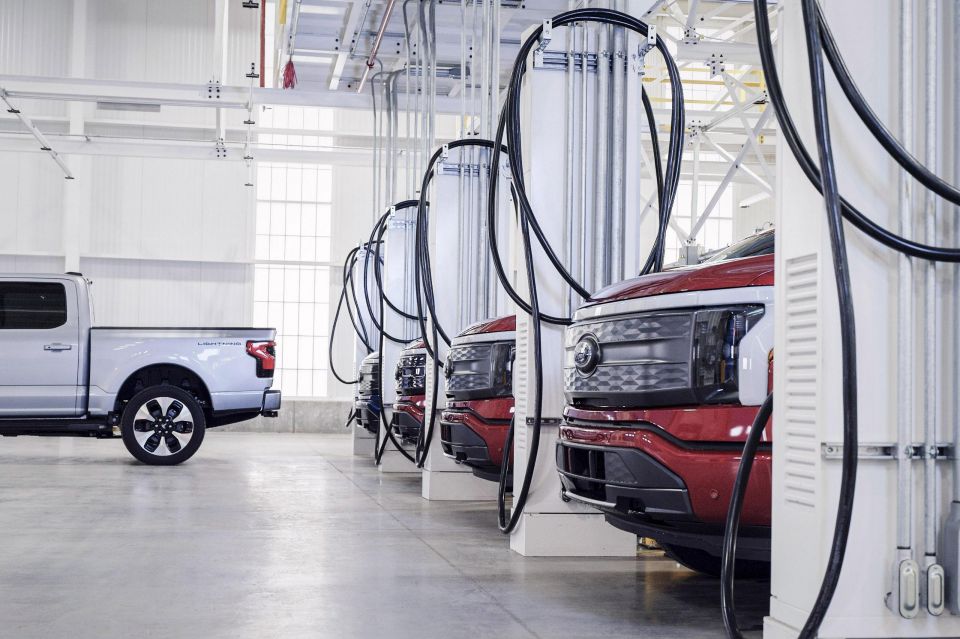
“All of our EV teams are ruthlessly focused on cost, and efficiency, in our EV products. Because the ultimate competition is going to be the affordable Tesla and the Chinese OEMs.”
The “affordable Tesla” referenced by Mr Farley is the EV giant’s long-awaited ‘US$25,000 (A$38,000)’ model, now set to go into production in 2025.
Tesla dominates the US EV market, accounting for approximately 55 per cent of the 1.2 million battery-powered vehicle sales there last year.
Ford meanwhile sold just 72,608 EVs in the US throughout 2023, for a six per cent share of the EV market, with only the F-150 Lightning pickup, Mustang Mach-E SUV and E-Transit van contributing to the total.
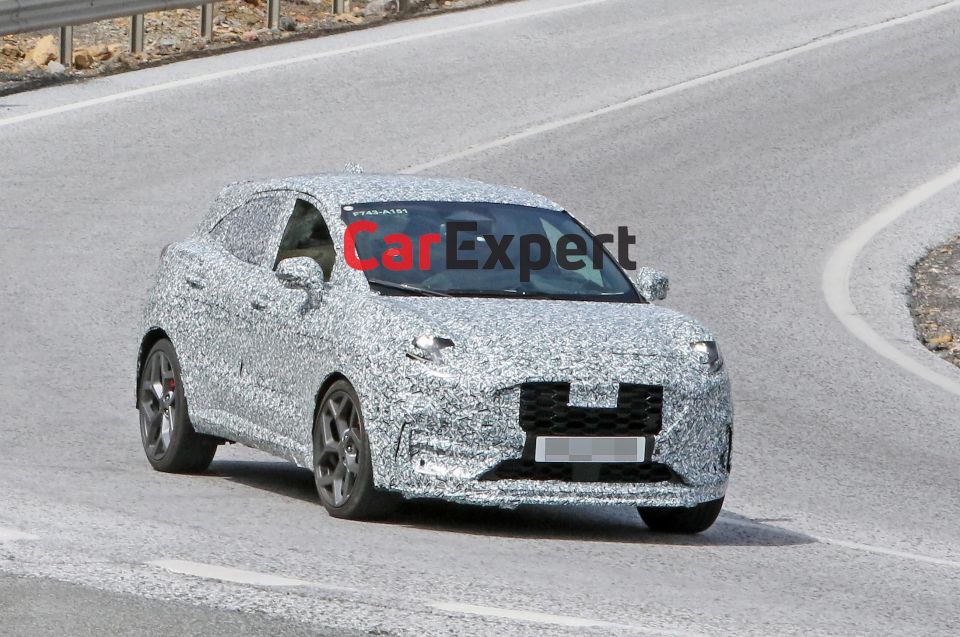
There are also three upcoming Ford EVs set to launch in Europe: an electric version of the Puma, plus two SUVs on Volkswagen’s MEB platform. One of these MEB-based models will wear the Explorer nameplate.
They’ll join the Mustang Mach-E there, as well as the E-Transit and E-Transit Custom vans. The latter has also spawned an electric people mover, the E-Tourneo Custom.
The brand sells another EV in China: the Territory EV, a restyled version of the Yusheng S330 from Ford’s joint venture partner JMC.
In Australia, the Ford E-Transit and Mustang Mach-E are the only EVs sold by the brand locally, starting from $104,990 and $72,990 before on-road costs, respectively. However, the electric Puma is due here this year.
Take advantage of Australia's BIGGEST new car website to find a great deal on a Ford.
Born and raised in Canberra, Jordan has worked as a full-time automotive journalist since 2021, being one of the most-published automotive news writers in Australia before joining CarExpert in 2024.


Matt Campbell
5 Days Ago
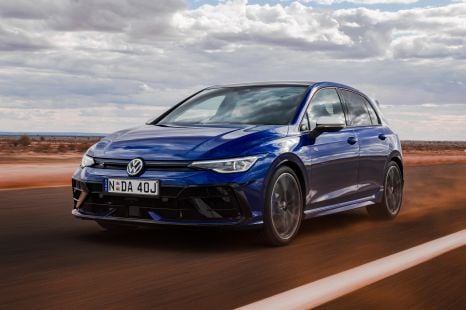

James Wong
3 Days Ago
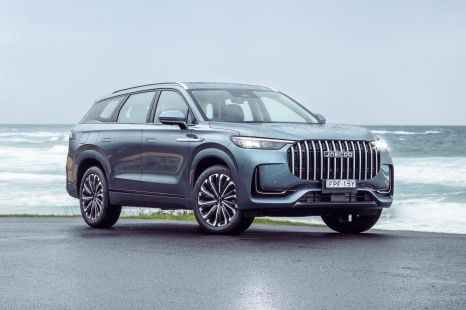

William Stopford
3 Days Ago
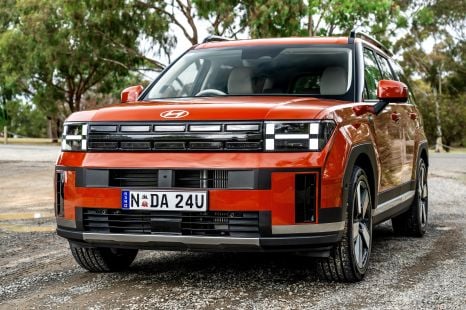

Max Davies
2 Days Ago
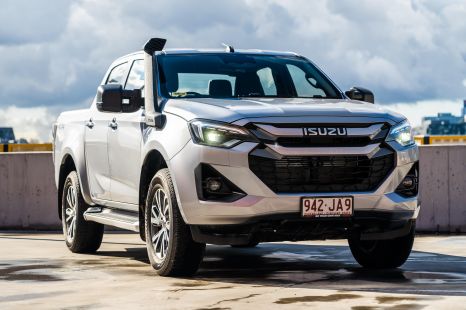

Max Davies
1 Day Ago
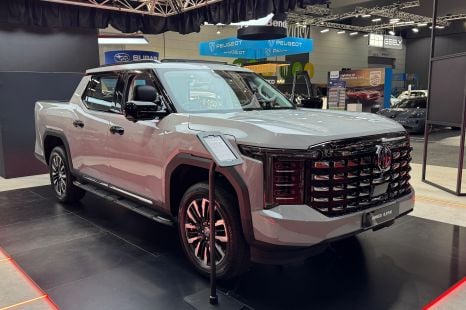

William Stopford
14 Hours Ago